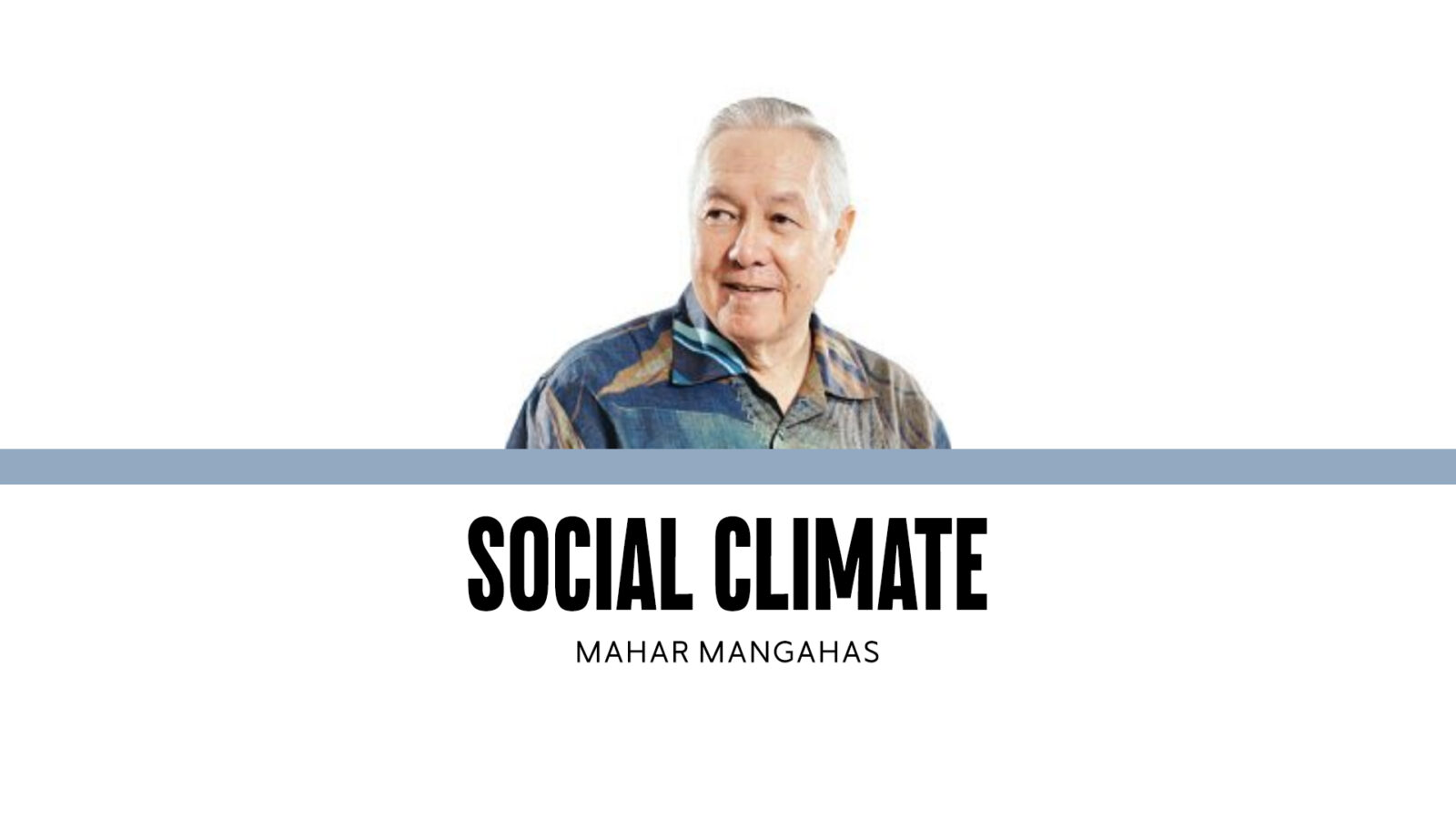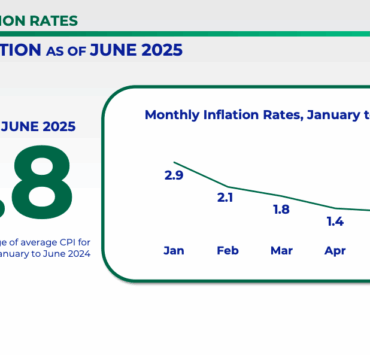Is there a Filipino economics?

Good afternoon, dear University of the Philippines School of Economics (UPSE) graduates. I did not expect that the invitation for me to be your speaker today would be worded entirely in Filipino, implying I should address you in Filipino as well. This was not the case from 1962, when I got my bachelor’s degree here and became a research assistant, up to 1981, when I left my post as a UP economics professor. But I do realize how proper it is for this important ceremonial activity.
Having kept my ties with UPSE all these many years, I know very well that the lectures to you here were in English mostly, and in Taglish somewhat, and that your reading lists were almost entirely in English.
What is economics? The classic definition is that it is a science about (a) how goods and services are produced in the country, and (b) how the said items are distributed among the people. Another definition, which also works, is that economics is what economists do. Well, now that you are graduates in economics, what is your next move, aside from joining the UPSE alumni association? Will you do Filipino economics?
I recommend that you join the Philippine Economic Society (PES), and thereby subscribe to the Philippine Review of Economics (PRE). Do take part in the annual PES conference in November; do propose a paper, with help from your thesis adviser. (English is the main language of the PES conference and the PRE.)
What will be the function of Filipino in the work you would like to do? Will you be, not only a Filipino economist, but also a practitioner of Filipino economics?
The use of Filipino, and other Philippine languages, cannot be bypassed as means of learning first-hand, from the mouths of our countrymen, important details about their economic conditions, including their problems, and their aspirations. All communication is two-way. In practicing a Filipino social science, what matters is not only how well one speaks Filipino, but also how well one pays attention to the sentiments of Filipinos.
Do you know that being poor, or mahirap, as felt by Filipino families, has been surveyed more than 140 times in the past four decades? Do you know how much poor-families need – and what they lack – as a monthly budget for home expenses in order not to be that way? Do you know that their experience of hunger, gutom, has been surveyed more than 100 times in the past three decades? Do you know the Filipino phrasings of the questions that elicited the people’s answers? What is the historical relation of being mahirap (poor) to being gutom (hungry)? (The relation is there, but it is not fixed.)
Do you, as fresh UPSE graduates, think that Filipino economic well-being is adequately tracked by growth in the Gross National Product, averaged per person and deflated for the cost of living, and thereby subscribe to the trickle-down theory of development? Are you aware of the long survey history on the proportion of Filipinos saying their uri ng pamumuhay (quality of life) improved, versus the proportion saying it worsened, in the past year?
How acceptable to you is measurement of happiness on a scale of 0 to 10, described as the range from the worst possible, to the best possible, satisfaction with life, without using the word “happy”? Do you know that over a dozen surveys have asked about being talagang masaya, medyo masaya, hindi gaanong masaya, or else talagang hindi masaya?
The reason I left UPSE in 1981 was to accept a post in another government institution that promised opportunities for survey research; it was fine while academic freedom lasted.
Surveys have enabled Filipino-specific social science, including economics. Surveys are not only for elections and political science, but also for business and governance in general.
I thank UPSE for remembering me, since my identity as an economist has been blurred by the variety of issues that concern Social Weather Stations (SWS). Let me recite these issues to you by means of the lyrics of the SWS hymn:
AWIT NG SWS
(Musika ni Jerry Dadap, titik mula sa mga tula nina Vladymir Licudine at Carijane Dayag)
Samu’t saring pananaw, aming binibigyang linaw
Isyung makabuluhan, una sa aming listahan
Hustisya’t edukasyon, kalikasan at eleksyon
Maging ang paksa sa pulitika’t ekonomiya.
Lahat tinatala, bawat opinyon ng madla
Nang sa gayon ay malaman ang hinaing ng mamamayan.
‘Yan ang aming hangarin, demokrasya’y pagtibayin,
Instrumento ng masa sa kanilang karaingan.
SWS ay tinatag, layon nitong magampanan,
Na ang baya’y magising sa katotohanan.
—————–
Note: This is the gist of the speech the author delivered, originally in Filipino, at the Recognition Day for the 2025 graduates of the UPSE last Friday.
Dr Mahar Mangahas is a multi-awarded scholar for his pioneering work in public opinion research in the Philippines and in South East Asia. He founded the now familiar entity, “Social Weather Stations” (SWS) which has been doing public opinion research since 1985 and which has become increasingly influential, nay indispensable, in the conduct of Philippine political life and policy. SWS has been serving the country and policymakers as an independent and timely source of pertinent and credible data on Philippine economic, social and political landscape.





















